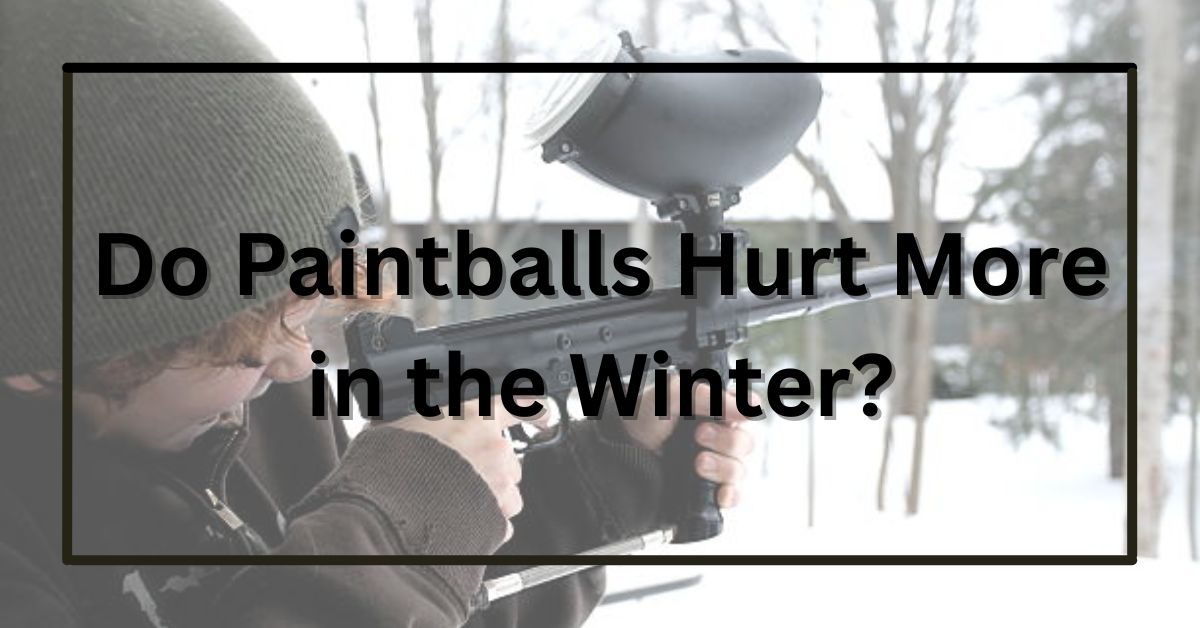If you’ve ever played paintball in the cold, you might have noticed the shots feel sharper and sting a little more. Many players wonder: Do paintballs hurt more in the winter?
The short answer is yes—paintballs can hurt more when temperatures drop. But why does this happen, and what can you do to minimize the pain? Let’s break it down.
How Does Temperature Affect Paintballs?
Temperature changes have a big impact on paintball performance:
- Paintball shell hardness—In colder weather, paintball shells become more brittle and less flexible, meaning they don’t absorb impact as well.
- Air pressure changes—CO₂ and even HPA tanks can lose efficiency in the cold, causing velocity inconsistencies.
- Breakability—Cold paintballs sometimes bounce instead of breaking, which means all the impact transfers to your skin.
Why Do Paintballs Hurt More in Winter?
There are a few reasons winter hits can feel more painful:
- Brittle shells—harder, sharper impact when they hit.
- Cold skin—less flexible, so the sting feels sharper.
- Extra clothing layers—while helpful, stiff or frozen layers may not absorb impact well.
Other Factors That Influence Pain in Cold Weather
It’s not just the temperature—these also play a role:
- Distance of the shot—Closer shots will always sting more, especially in the cold.
- Marker velocity settings—Higher velocity in cold weather = stronger impact.
- Type of paintballs—Winter paintballs are softer and designed for cold-weather play.
- Protective gear—Padding, gloves, and layers reduce the sting.
Tips to Reduce Pain While Playing in Winter
Here’s how you can make winter paintball more comfortable:
- Wear layered clothing—use flexible, moisture-wicking base layers instead of just bulky jackets.
- Buy winter paintballs—softer shells that break more easily in the cold.
- Keep paintballs warm—store them in an insulated bag or inside your clothing until needed.
- Check your marker velocity—cold air can affect consistency, so readjust FPS if necessary.
- Use a thermal mask—it prevents fogging, which is common in winter.
Safety Considerations
Safety becomes even more important in cold conditions:
- Fragile paintballs can shatter on impact, causing sharper hits.
- Always wear full protective gear (mask, gloves, neck guard, padded clothing).
- Store and refill air tanks properly in cold weather to avoid regulator or pressure issues.
Conclusion:
So, do paintballs hurt more in the winter? Yes, colder weather makes paintballs harder and less forgiving, which can make hits sting more.
The good news is that with proper gear, winter-formulated paintballs, and smart preparation, you can keep the pain to a minimum and enjoy an action-packed day in the snow.
Winter paintball may hurt a little more—but it’s also one of the most exciting ways to play the game.

